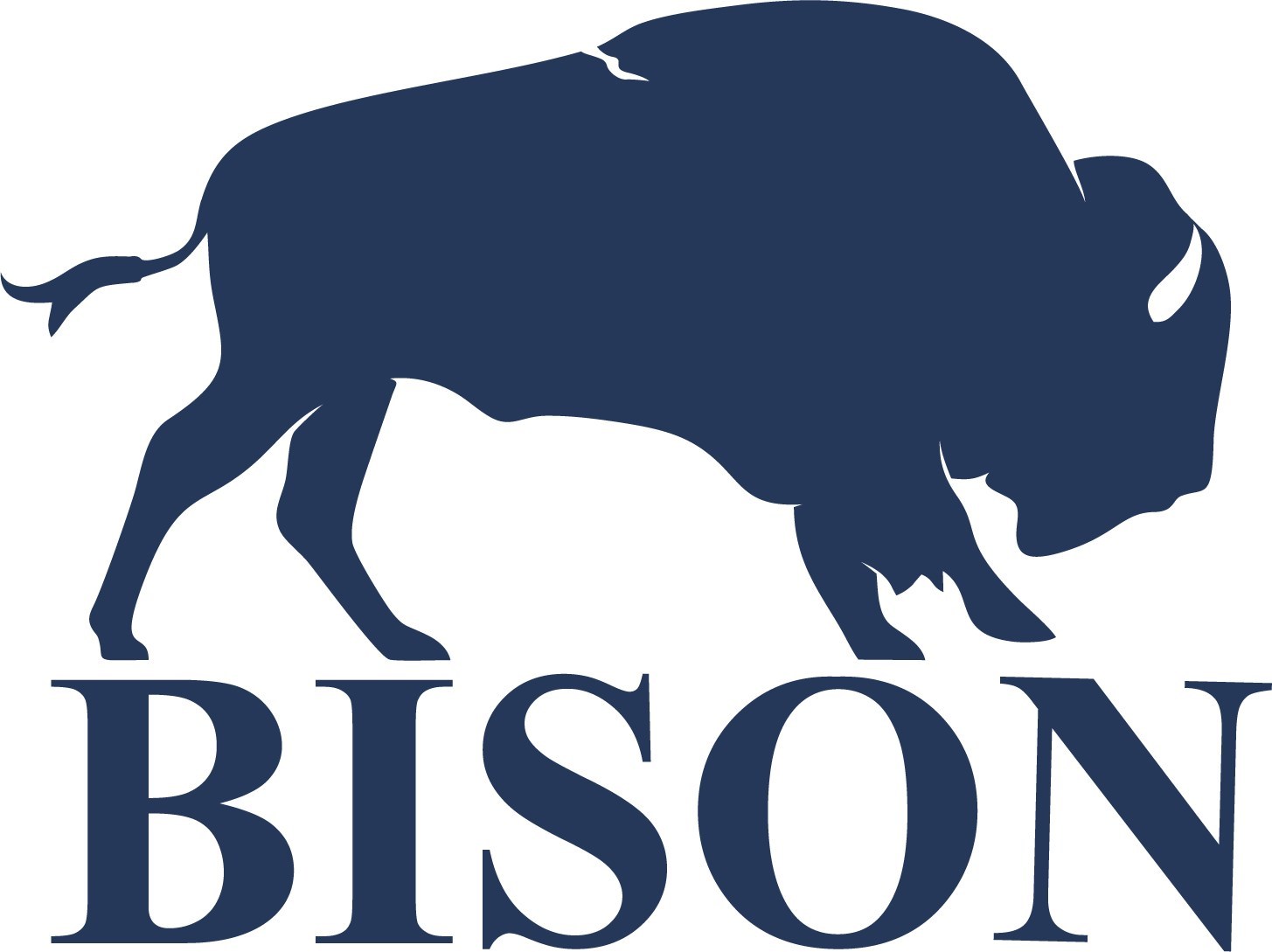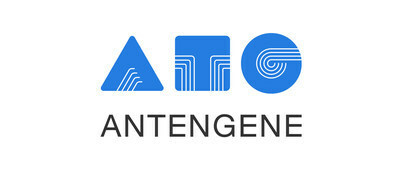- Zombie companies make up close to 6% of all publicly traded companies globally
- Zombie M&As generate a 15% increase in Total Shareholder Return (TSR) one year post-acquisition, but lead to a 14% decline in TSR after three years – compared to a 13% average decline observed in the overall M&A market
- Strategic investors account for 81% of zombie-related mergers and acquisitions
CHICAGO, Aug. 22, 2024 -- Research from leading global consultancy Kearney reveals that M&A deals with zombie companies mostly produce short-term gains, despite significant long-term risks.
Zombie companies refer to those that have been active in the market with revenue greater than zero for over 10 consecutive years, but have not been able to meet interest obligations through operating profits for three consecutive years.*
Although the business value of zombie companies is often lower than their accumulated debt, Kearney's 'Zombie buyers beware' report found that the financially distressed firms are surprisingly attractive to strategic investors.
These investors account for 81% of all zombie-related mergers and acquisitions, with financial investors responsible for the remainder. According to Kearney's analysis, the majority of acquired zombie companies are biotech or software companies.
For companies that are acquired in this segment, for example due to a superior R&D pipeline, it is often part of the business model evolution, so being a zombie company is an anticipated phase in their development.
Short-term gains don't translate in long-term rewards
While buyers initially enjoy an attractive return on their investment, these gains are fleeting.
Kearney's study highlights that zombie M&As generate a 15% increase in total shareholder return (TSR) one year post-acquisition, but this trend reverses over time. After three years, TSR declines by 14% – compared to a 13% average decline observed in the overall M&A market.
Of all the M&As studied in the research, those involving zombie companies have a higher-than-average transaction value to revenue (4.0 vs. 2.5). Zombies' price to book equity is also higher than the market average at 2.9, compared to 2.2.
The initial allure of higher returns make these zombie companies a tempting target for strategic investors. However, Kearney's report has indicated that the sustainability of these investments is not guaranteed, with the long-term performance significantly lagging behind other deals.
Vincenzo Sposato, Partner at Kearney, comments:
"Unless borrowing costs drop swiftly, and soon, we expect to see a wave of new zombie companies and financial distress. Companies once cushioned by cheaper borrowing costs are clinging to hope that the Fed will drop interest rates soon, before needing to refinance at these high rates.
"The next wave of zombies is coming, especially given the ongoing economic and political uncertainty in the US. A scary prospect for sure, but one that's not necessarily bad for strategic investors, as zombies tend to drive outsized benefit in the short-term. The key is smart integration to prevent the long-term value destruction that we see with most zombies."
Nils Kuhlwein, Partner at Kearney, adds:
"Our report has shown that strategic investors have clearly recognized the potential of zombie companies to generate returns, that other investors may often overlook. That said, it's crucial for investors to dig deeper before entering M&A deals with these distressed firms, as long-term rewards are far from guaranteed.
"While initial returns may be enticing, the longer-term risks cannot be ignored. Potential buyers should be thoroughly investigating and identifying the R&D, new products, or other valuable assets that make a zombie company attractive before deciding to invest.
"Focusing on these key factors will allow investors to better assess the true potential and sustainability of their investments, ensuring that they can make informed decision beyond mere short-term gains."
Kearney's 'Zombie buyers beware' report is available in full, here.
*Economic Cooperation and Development's internationally recognized definition of a zombie company.
Notes to Editors
About Kearney
Kearney is a leading global management consulting firm. For nearly 100 years, we have been a trusted advisor to C-suites, government bodies, and nonprofit organizations. Our people make us who we are. Driven to be the difference between a big idea and making it happen, we work alongside our clients to regenerate their businesses to create a future that works for everyone.
Press contact
MKPR/Meir Kahtan
+1 917-864-0800
mkahtan@rcn.com
This News is brought to you by Qube Mark, your trusted source for the latest updates and insights in marketing technology. Stay tuned for more groundbreaking innovations in the world of technology.









